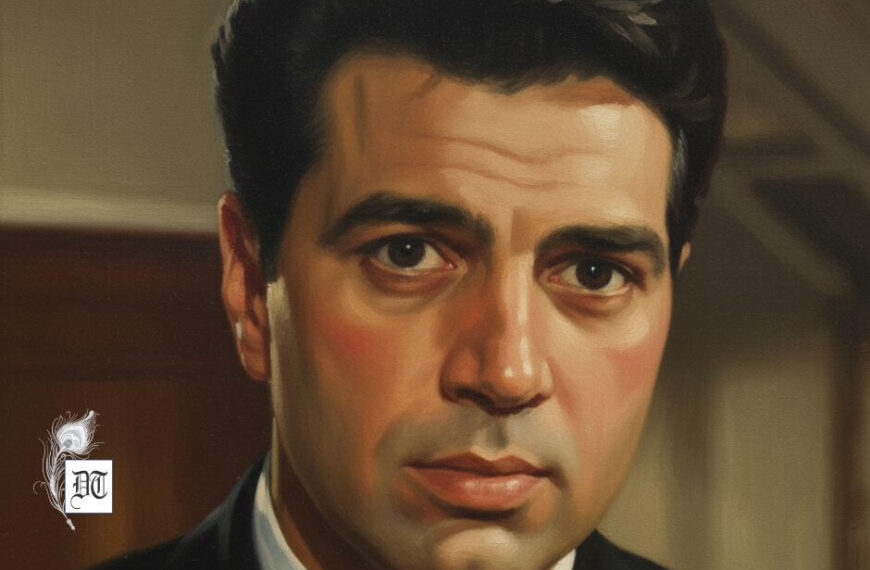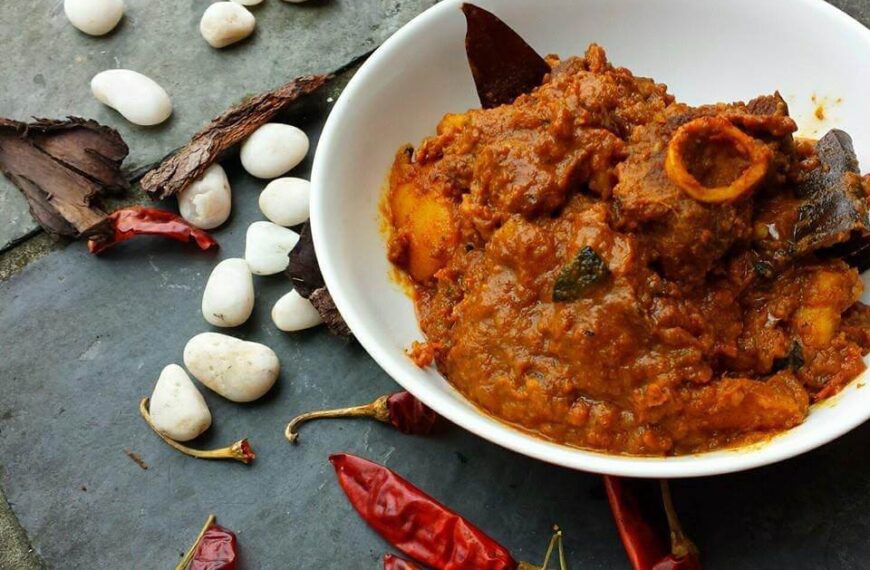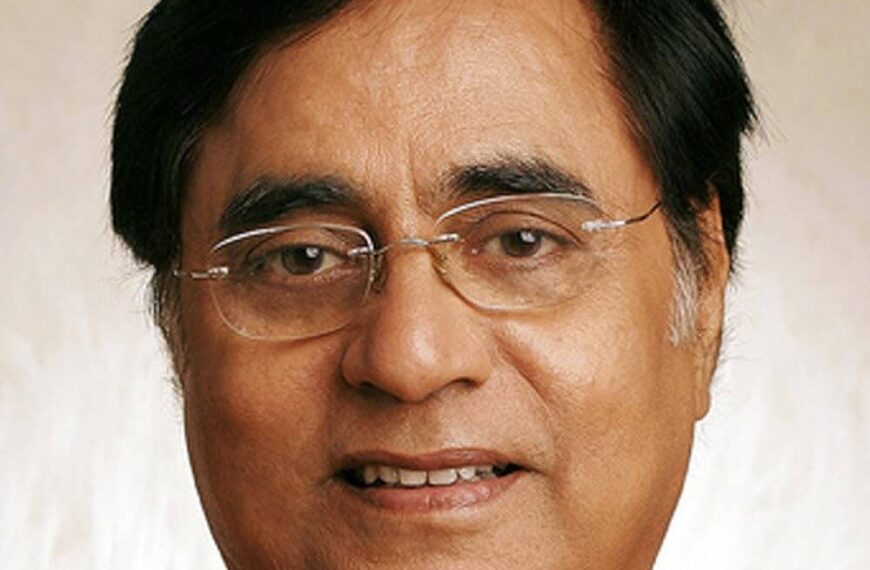Brahmo Samaj honoured Raja Ram Mohan Roy, Debendranath Tagore, and Rabindranath Tagore with devotional songs and readings. A report by Ruchira, exclusively for Different Truths.
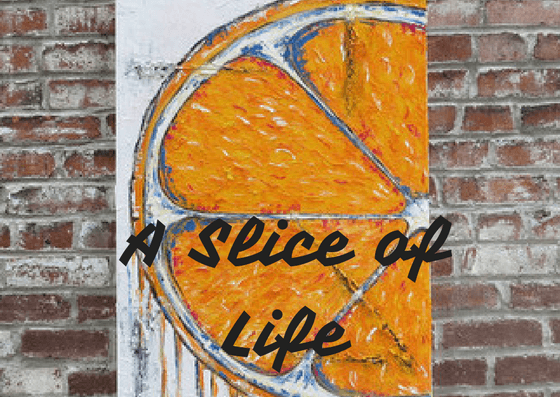
It was indeed a weekend of a different kind. The Brahmo Samaj of Delhi, NCR, in tandem with a handful of its ardent followers celebrated the birth anniversary of three of its stalwarts and conspicuous members. Coincidentally all of these dates fall in the sweltering month of May, when the heat wave reaches a crescendo. These luminaries are the fiery social reformer Raja Ram Mohan Roy (May 22, 1772), the sagacious and saintly Maharshi Debendranath Tagore (May 14, 1817), and his illustrious offspring, Nobel laureate poet-lyricist-author Rabindranath Tagore (May 7, 1861)
Raja Ram Mohan Roy deserves to be considered the greatest ‘Bharatiya’ feminist of all time. Petrified by the annihilation of his nine-year-old Boudi (sister-in-law/bhabhi) through the ghastly and horrific ritual of ‘Sati’ (he was from an ultra-orthodox family). He was determined to ameliorate the condition of hundreds of thousands of such hapless creatures who lived a subhuman existence.
His Perseverance bore fruit with the legal abolition of Sati in 1828.
His perseverance bore fruit with the legal abolition of Sati in 1828. It is only too well known that Lord William Bentinck, the erstwhile Governor of ‘Bengal’ played a key role in this historical achievement. The Raja was the mastermind behind the founding of what is known as the Brahmo Samaj, way back in 1828. To put it in a nutshell, it was a reformed version of Hinduism, purged and shorn of dogmatism and orthodoxy. He advocated monotheism, besides infusing the newfound path with salient features culled from divergent faiths.
Scion of a reputed and affluent clan, Debendranath Tagore, was a seeker and a savant blended into one. His sterling qualities, namely an intellectual mindset coupled with a perennial spiritual quest earned him the sobriquet Maharshi (the great sage). He was a social reformer whose thoughts ideology, and teachings and preaching were based on the Vedanta (post-Vedic treatises), mainly the Upanishads interspersed with basics of Western liberalism and progressive ideas. For him, the keynote of any “religious faith” ought to be ‘Praner Aram, Moner Anondo Atmar Shanti,’ (ease, bliss, and peace of body mind and soul in that order.) Spiritual leanings apart, Maharshi advocated women’s emancipation and education, besides the eradication of fanatic idolatry.
Rabindranath Tagore was possibly the most prodigious lyricist. humanitarian and liberal-minded individual…
Rabindranath Tagore was possibly the most prodigious lyricist, humanitarian, and liberal-minded individual that this hallowed land of ours has ever produced. Born in a famous family household, which was virtually a Carrefour of divergent ideas and cultures, e.g., British, European, Hinduism and the fledgling Brahmo Samaj. ‘Robi’ evolved his philosophical ‘cult ‘using his poetry and songs. Born of a Brahmo Samaj adherent father it was but natural for him to frequent the ‘Samaj’; consequently, his versatile, youthful mind imbibed the quintessential Brahmo Samaj devotional songs and shlokas, which offer oblations to an omnipotent, omnipresent, formless yet merciful divine entity. It permeated his heart and his very being. He borrowed copiously from this genre, interpolating them into his own; with the result, we sense how often the demarcating lines between Brahmo Sangeet and Tagore’s Puja Parjay compositions are blurred, both blending to form a harmonious whole.
Back to the present context, a couple of hours spent at the modest Raja Ram Mohan Roy Memorial Trust Hall—an oasis of tranquillity in the heart of the bustling metropolis was refreshing, to say the least. The ceremony commenced with solemn yet sonorous chanting of Shlokas from the Upanishads. Thereafter, it was, by and large, Robi Thakur all the way. extracts from his poems, plus his philosophical and spiritual songs, voiced by a bevy of immensely talented, seasoned and passionate local artists were replete with significance. The audience was virtually transported to a realm of serenity and all-pervading peace.
Picture design by Anumita Roy

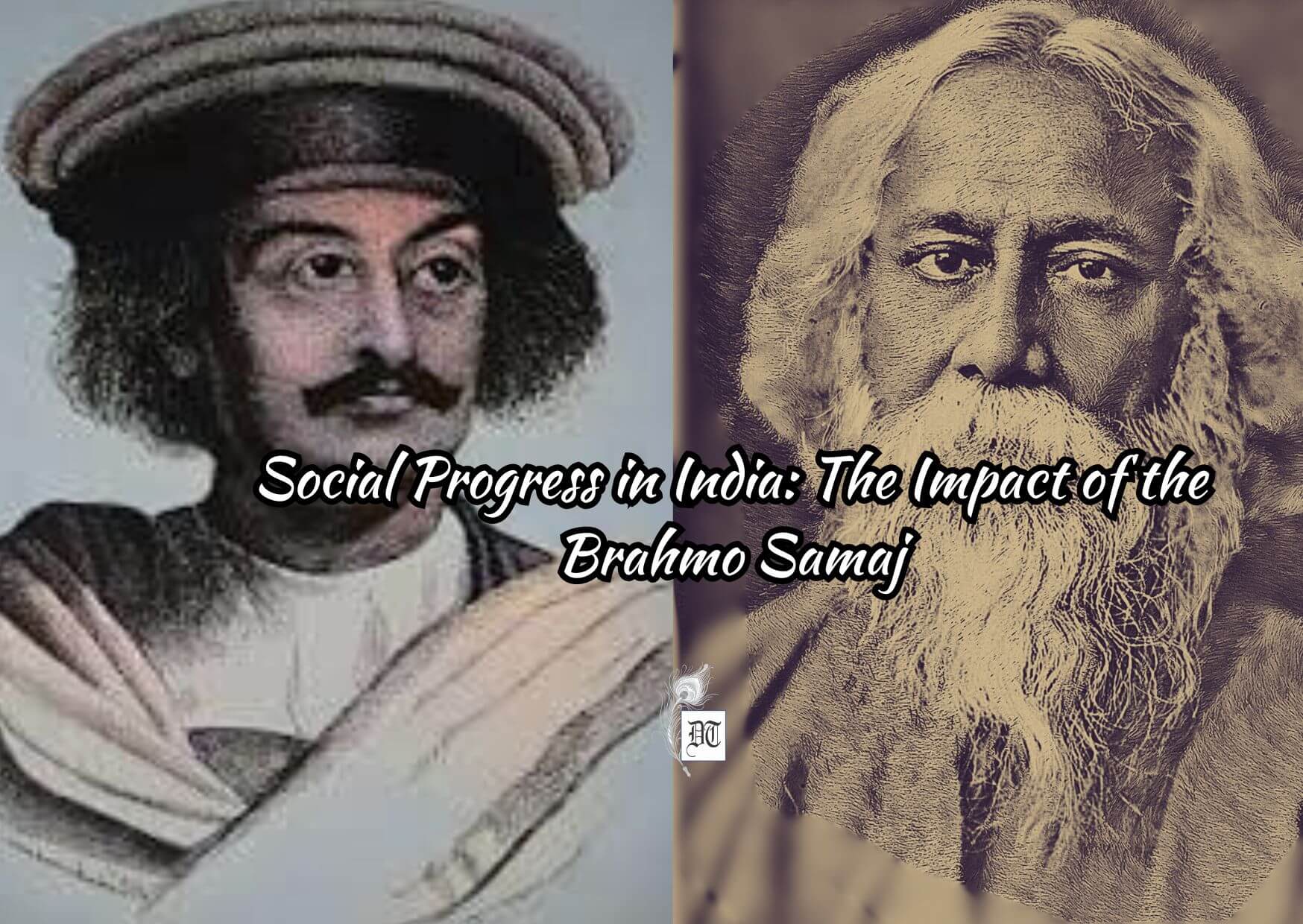



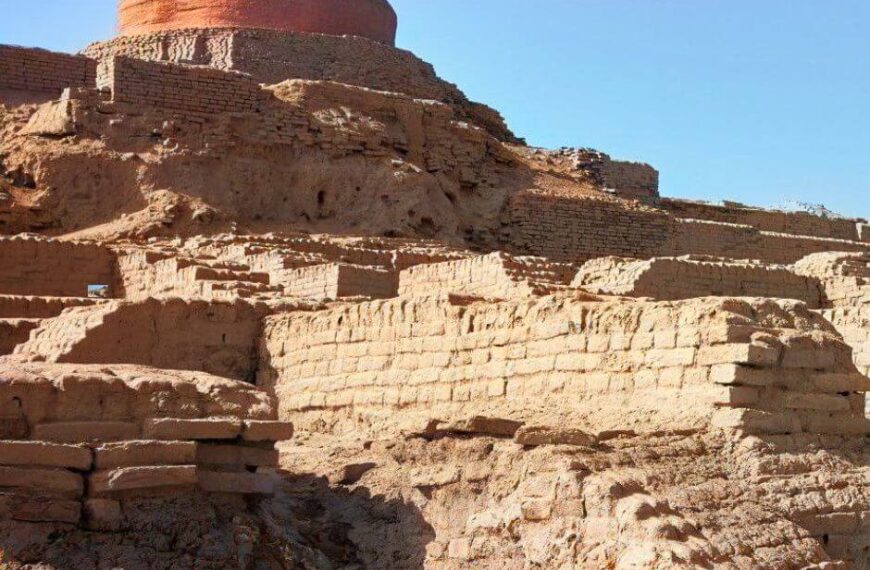
 By
By